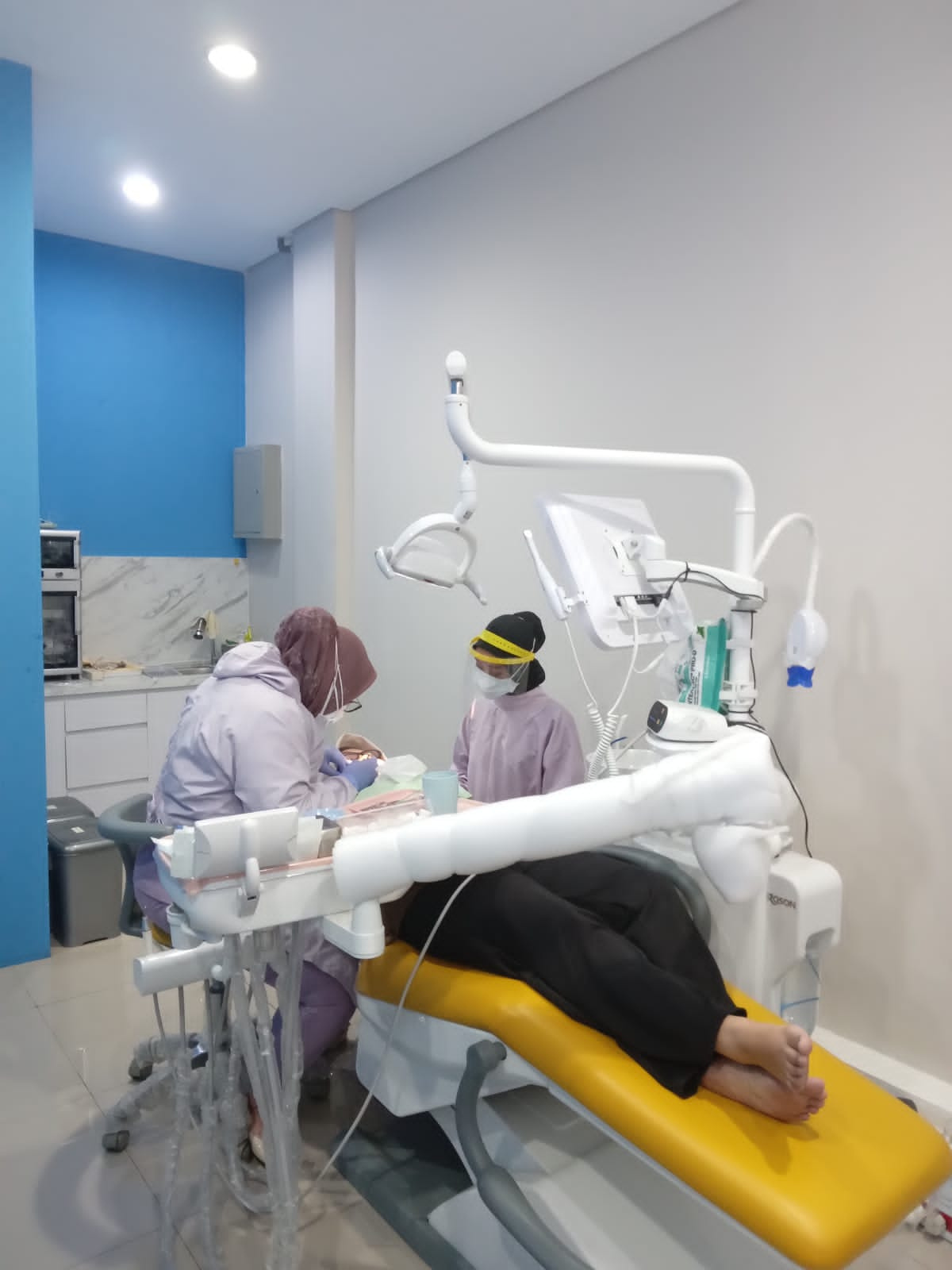
Optimal Dental Care: Achieving a Healthy Smile
Maintaining optimal dental care is not only essential for a dazzling smile but also for overall well-being. Let’s explore key practices that contribute to achieving a healthy and radiant smile through proper dental care.
Foundations of Dental Care
The foundation of dental care lies in daily habits. Brushing your teeth at least twice a day and flossing regularly help remove plaque and prevent issues like cavities and gum disease. These basic practices are fundamental for maintaining oral hygiene and preventing common dental problems.
Choosing the Right Toothbrush and Toothpaste
Selecting the right toothbrush and toothpaste is crucial for effective dental care. Choose a toothbrush with soft bristles to avoid enamel damage and gum irritation. Fluoride toothpaste strengthens teeth and helps prevent cavities. Consult with your dentist to determine the best products for your specific dental needs.
Importance of Regular Dental Check-ups
Regular dental check-ups are a cornerstone of optimal dental care. These appointments allow your dentist to perform thorough cleanings, examine your oral health, and detect potential issues early. Preventive care through regular check-ups contributes to long-term dental wellness.
Embracing Proper Brushing Techniques
Proper brushing techniques are as important as the frequency of brushing. Use a gentle, circular motion to clean all tooth surfaces, including the tongue and gums. Brushing for at least two minutes ensures a comprehensive cleaning, promoting optimal dental health.
Incorporating Flossing into Your Routine
Flossing is often overlooked, but it plays a vital role in dental care. Flossing removes debris and plaque from between teeth and along the gumline, areas that a toothbrush can’t reach effectively. Make flossing a daily habit to maintain optimal oral hygiene.
Balanced Diet for Dental Health
Nutrition plays a significant role in dental care. A balanced diet rich in calcium, phosphorus, and vitamin D contributes to strong teeth and gums. Limit sugary and acidic foods, as they can lead to tooth decay. Drinking water helps cleanse the mouth and maintain optimal saliva production.
Addressing Dental Sensitivity
Dental sensitivity can be a common issue, causing discomfort while eating or drinking. Optimal dental care involves addressing sensitivity with care. Use a toothpaste designed for sensitive teeth and consult with your dentist if sensitivity persists for personalized recommendations.
Understanding the Impact of Habits
Certain habits can impact dental health. Avoid tobacco use, as it contributes to gum disease and tooth loss. Limit alcohol consumption, which can lead to dry mouth and increased cavity risk. Being mindful of these habits supports overall dental well-being.
Dental Care for All Ages
Optimal dental care is a lifelong commitment that starts in childhood. Introduce good oral hygiene habits early, including regular dental check-ups. As individuals age, the focus may shift to addressing specific concerns, such as gum health or tooth replacement options.
Taking Action: Explore Dental Care
For more in-depth insights into optimal dental care, explore resources like “Dental Care” at alternativemediasyndicate.net. Discover valuable tips, expert advice, and a supportive community dedicated to achieving and maintaining optimal dental health.
In conclusion, optimal dental care is a holistic approach that encompasses daily habits, regular check-ups, proper brushing techniques, and a balanced diet. Prioritizing these practices contributes not only to a healthy smile but also to overall well-being.


